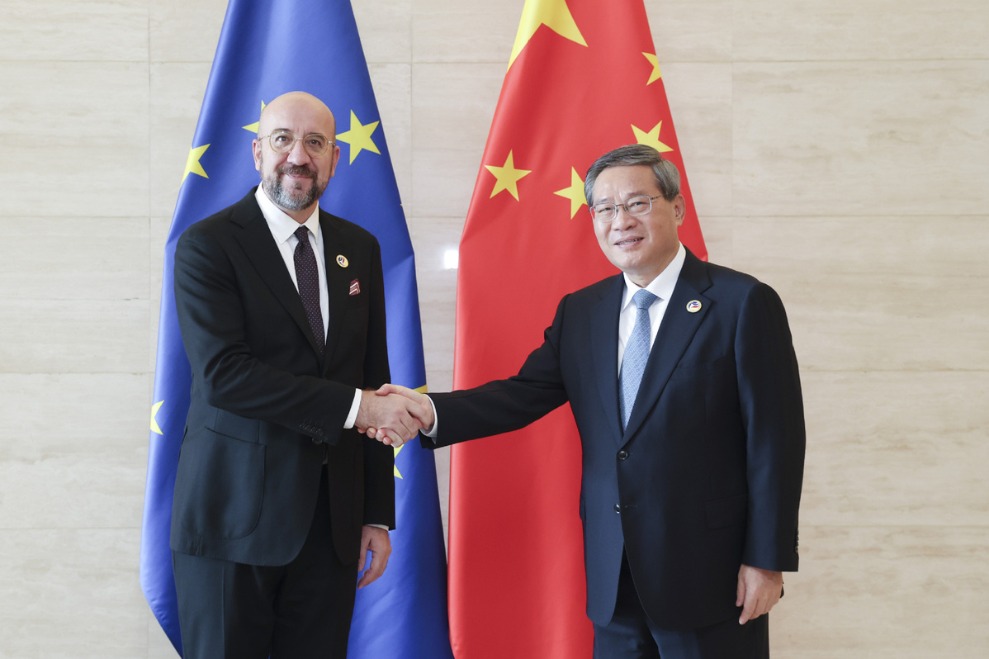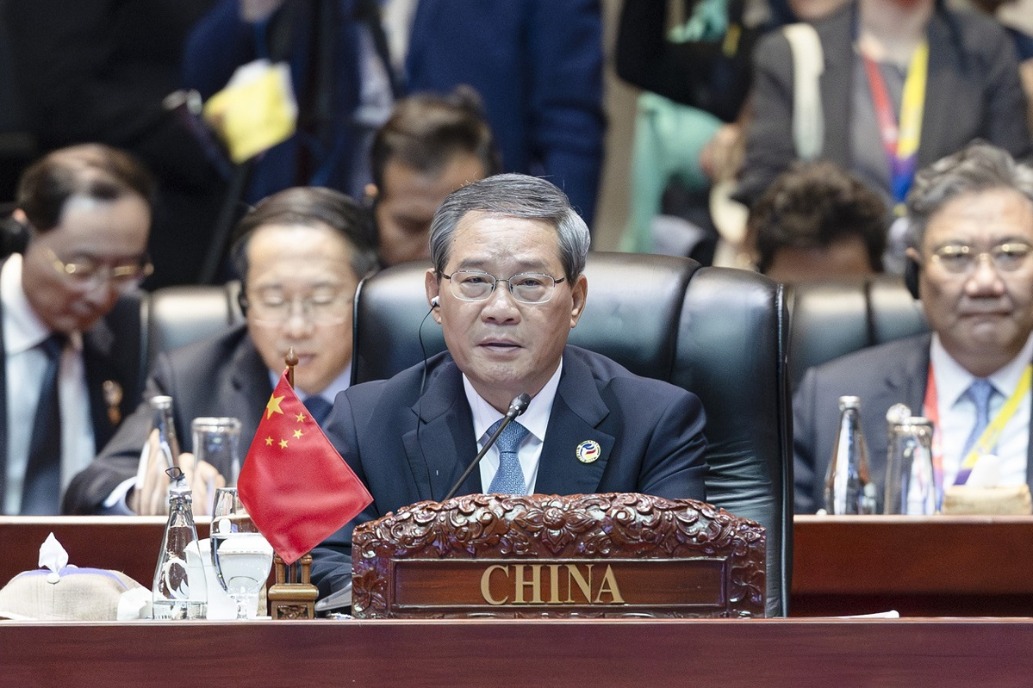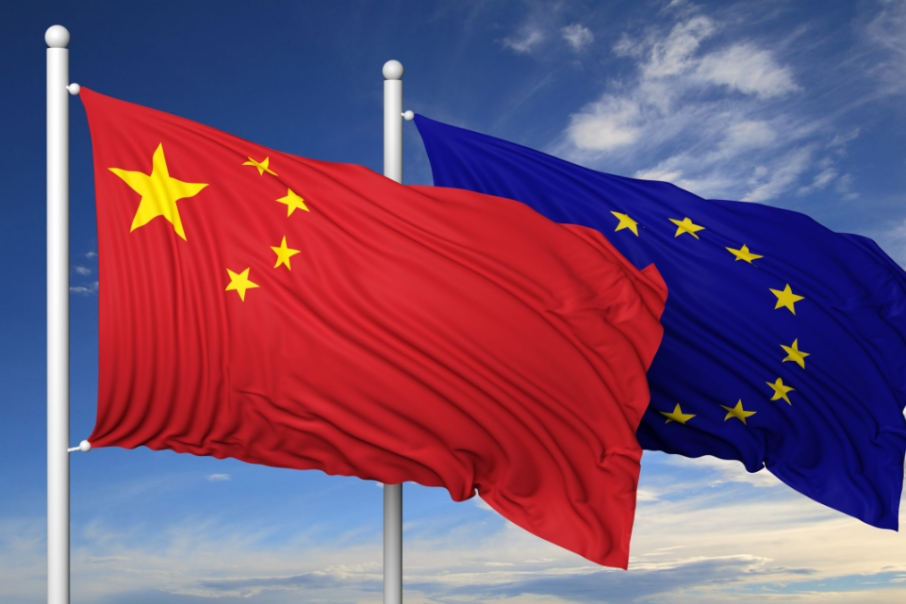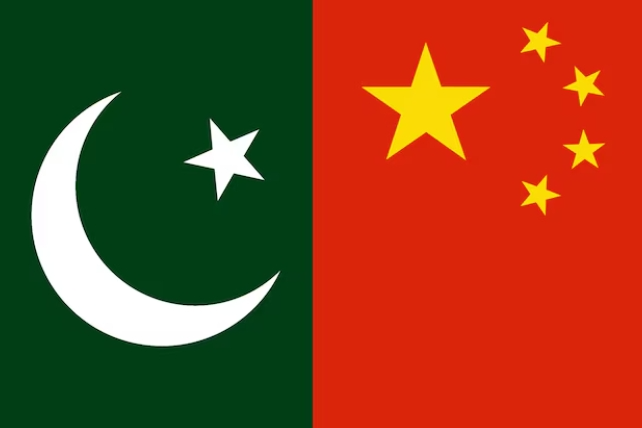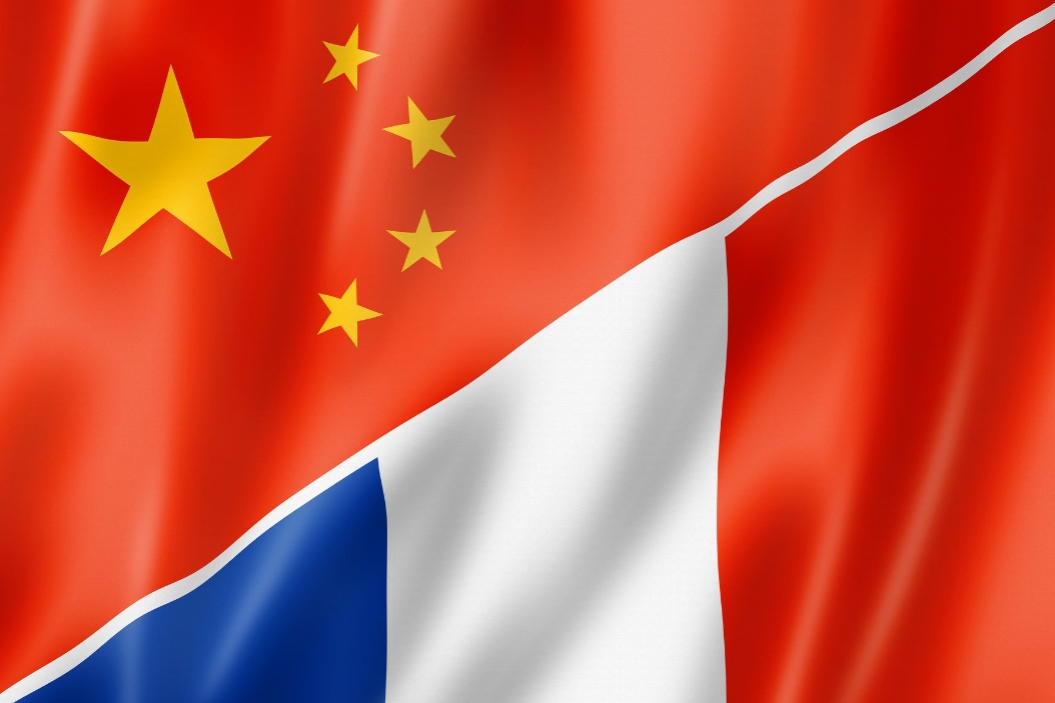Rich nations said to impede pandemic fight

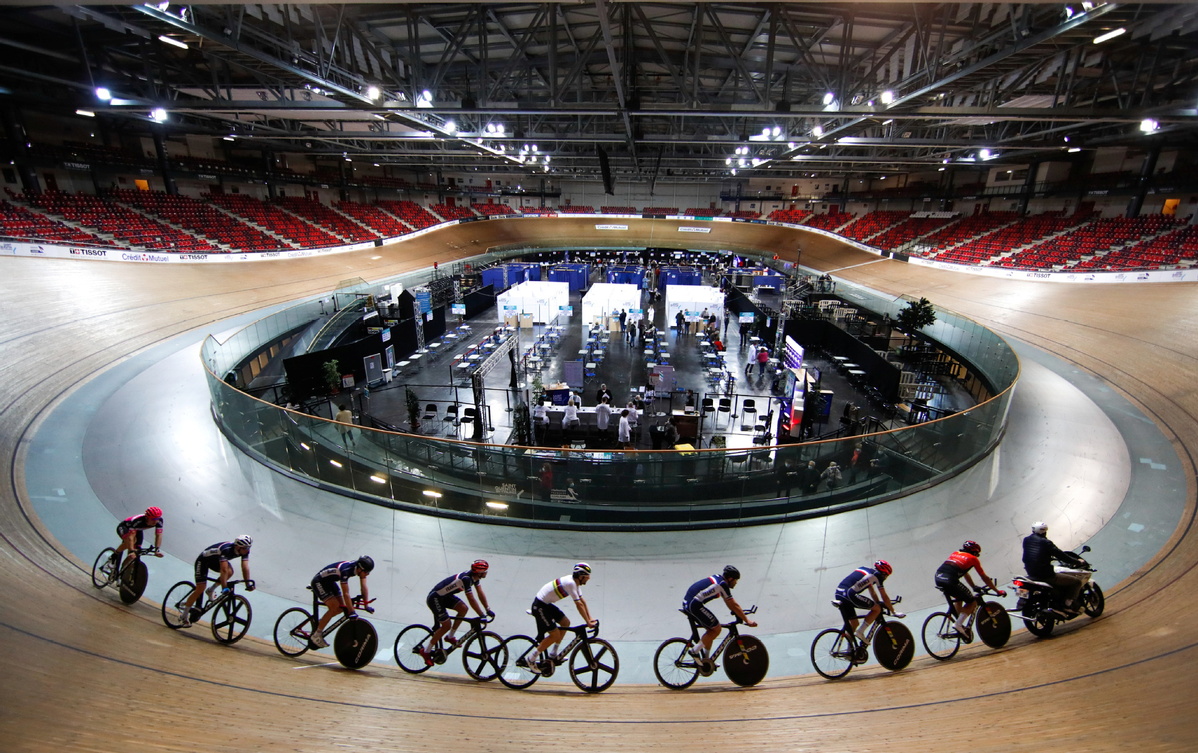
Experts criticize wealthy nations for stockpiling more COVID-19 vaccines than they need, warning that the pandemic won't end until 2024 if that trend continues.
Wealthy countries are impairing the international COVAX effort targeting the pandemic, said Deborah Gleeson, who researches at La Trobe University in Melbourne, Australia, how international trade agreements affect access to medicines.
COVAX-the COVID-19 Vaccines Global Access program-is part of a groundbreaking global collaboration to accelerate the development, production and equitable access to the vaccines, according to the World Health Organization.
These wealthy countries should-and could-step up to help end the COVID-19 pandemic, she said, according to Australian Broadcasting Corp News.
"I think the COVAX program was a really good idea in terms of a mechanism for purchasing and distributing vaccines in an equitable way around the world," Gleeson said."But it's been undermined by the way wealthy countries have negotiated deals with pharmaceutical companies and made a global grab for vaccines, and that has meant there's been really limited supply for COVAX to use to meet the needs of low-income countries."
COVAX was launched in April of last year, using the motto "no one is safe unless everyone is safe". It aims to get 2 billion doses of vaccines out to member nations, supplying them at a discounted rate for the 92 poorest countries.
The lower-income countries most likely to receive the first vaccines through COVAX include Afghanistan, Haiti, Democratic Republic of Congo, Ethiopia and Somalia.
In the year since, 190 countries including China have signed up.
COVAX had raised $6 billion as of February, but it needs at least another $2 billion to meet its 2021 target.
"Blocking supplies to COVAX are high-income countries, including the US, UK and Australia, which struck preemptive deals with vaccine manufacturers that... are large enough to vaccinate their population many times over," ABC News said.
In a letter, a group of charities, including Save the Children and the Wellcome Trust, is urging British Prime Minister Boris Johnson to "swiftly clarify" how many COVID-19 vaccine doses the United Kingdom is prepared to donate through the COVAX to poorer countries, BBC reported.
The charities said the UK is "one of the world's highest per capita buyers "of vaccines and is on track to have more than 100 million surplus doses.
"There is therefore the high risk that the UK will be hoarding limited supply whilst health workers and the most vulnerable in low and middle-income countries do not have access," the letter said.
The British government said it will share "the majority of any future surplus" vaccines "when these are available".
The UK, which has ordered 400 million vaccine doses and will have many left over, has said it will donate most of its surplus vaccine supply to poorer countries, according to BBC.
So far, more than 29 million UK adults have received a first dose of a COVID-19 vaccine.
Jeremy Farrar, director of the Wellcome Trust, said the UK will still have contractual access to at least 100 million surplus doses once the entire population is vaccinated, which he said "won't be of use in the UK".
"Now is the time to think beyond our borders," he said. "The world won't be safe while any single country is still fighting the virus."
Farrar warned that if COVID-19 is left to spread, the risk arises of it mutating to an extent in which vaccines and treatments no longer work."This goes beyond ethics-it's a scientific and economic imperative," he said.
Gleeson of La Trobe University said that by November 2020, almost 7.5 billion vaccine doses were prepurchased.
"Just over half were reserved by wealthy countries, representing 14 percent of the global population,"Gleeson said.
Even taking into account two-dose vaccines, Australia's 124 million doses on order-not counting those supplied through COVAX-could fully vaccinate the population 2.5 times, according to ABC News.
And Canada ordered 338 million doses, enough to vaccinate every Canadian five times.
ABC News said this over-ordering, also called vaccine nationalism, leaves fewer vaccines available for COVAX to buy.
The race to secure COVID-19 vaccines has laid bare the inherent inequalities in access to global healthcare, which adversely affect developing populations like those in Africa, the New Delhi-based think tank Observer Research Foundation said.
On Friday, the United Nations held a special session in which a political declaration on fair access to vaccines was launched. The declaration, endorsed by 179 countries, highlighted the need for international action to ensure vaccine provisions, as well as the technology associated with its production, to developing countries at reasonable prices.
The declaration has also asserted the need to achieve transparency and the provision of information related to the price, safety and efficacy of different types of vaccines. It would also ensure that the vaccine reaches all people without discrimination.
More than 528 million doses have been administered across 141 countries-enough to vaccinate 3.4 percent of the global population, according to Bloomberg's global tracker.

















